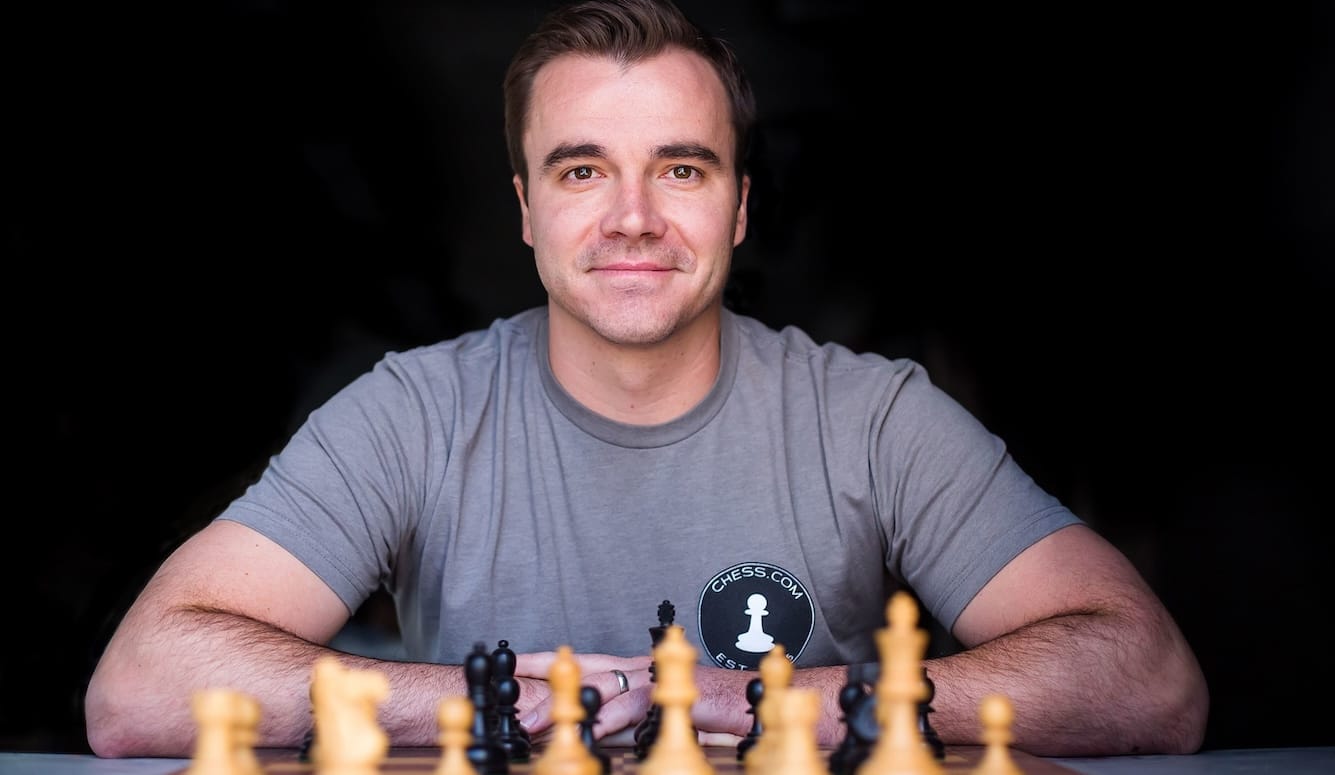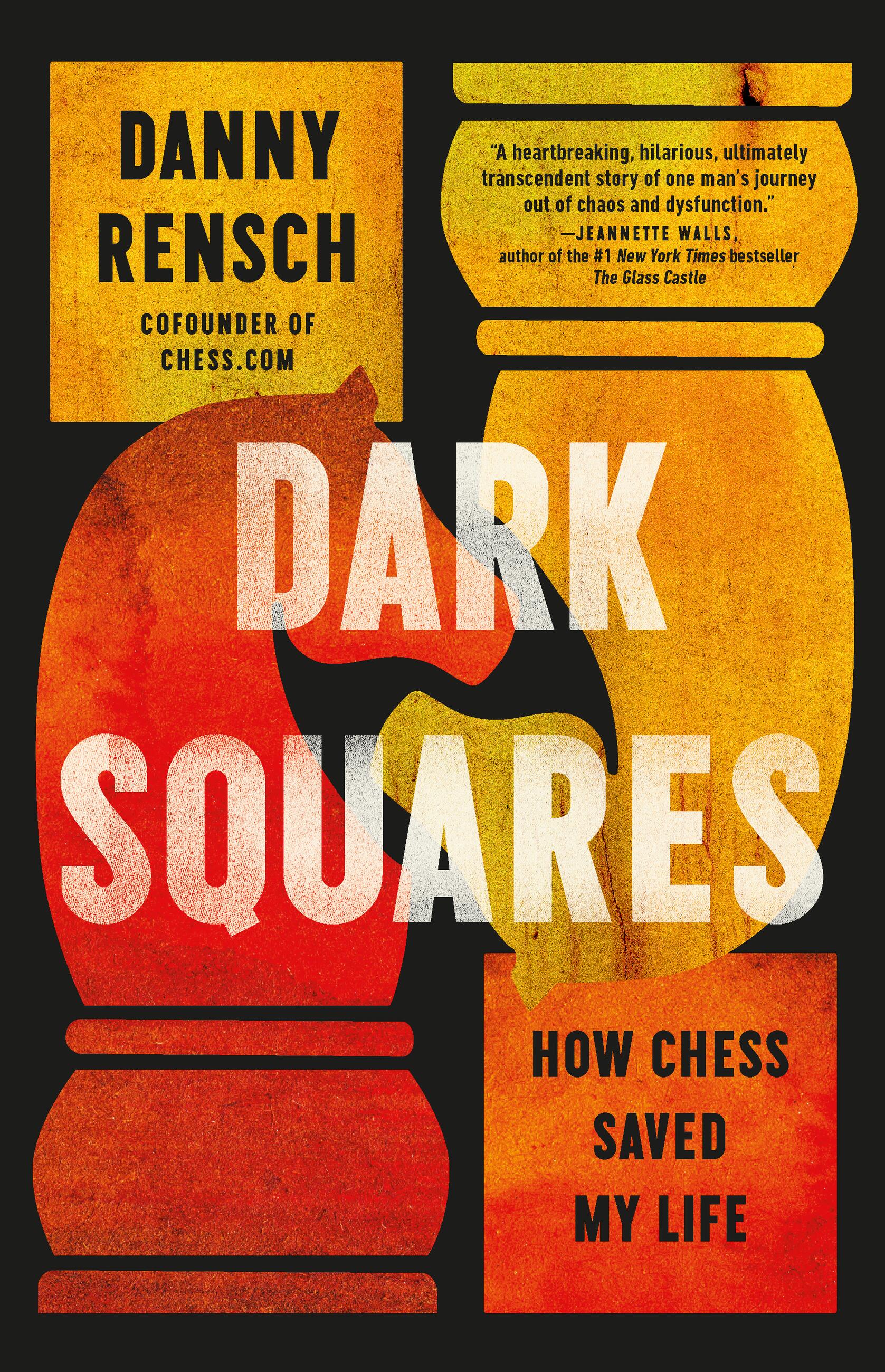Chess
Better Than Bobby Fischer
Danny Rensch never became the world’s greatest chess player. But his improbable rise from traumatised cult child to dot-com wunderkind represents an even more impressive achievement.

Last month, Quillette published an excerpt from Chess.com co-founder Danny Rensch’s newly published memoir, detailing the epidemic of cheating that’s swept the online chess world. It’s a must-read for fans of the game.
But you don’t have to be a board-game nerd to appreciate Dark Squares: How Chess Saved My Life. Most of the book isn’t about chess at all, in fact, but rather details the harrowing life that chess allowed Danny to escape.

Rensch first became obsessed with chess in 1995, at age ten, when he saw an HBO broadcast of Searching for Bobby Fischer, a fictionalised take on the early life of two-time US Junior Chess champion Joshua Waitzkin. He writes: “What if…I thought as I watched the movie. What if I could be Josh Waitzkin? What if I could sit down at a chessboard and magically discover that I was a child prodigy?”
It was an improbable aspiration for any child—but even more so for Rensch. Unlike Waitzkin, who caught chess fever from hustlers in New York City’s Washington Square Park, Rensch grew up in the middle of nowhere. Specifically, Tonto Village, an impoverished hamlet located up along a dirt road two hours north of Phoenix, Arizona.
This was the home of the Church of Immortal Consciousness (COIC). The church’s de facto leader, one “Reverend” Steven Kamp, regarded Tonto’s isolation as an asset. He’d originally run his operation out of a Phoenix suburb, but decamped to the wilderness when locals started asking questions about his followers’ clannish behaviour.
Kamp had been born into a conservative Jewish family in upstate New York, but came of age on the west coast amidst the hippie Jesus Movement of the 1960s. After dabbling with Zen Buddhism, Kabbalah, Erhard Seminars Training (EST), and a quack self-help therapy called “rebirthing,” he fell in with a popular mystic named Trina Fitch (1948–2022)—who was then doing the new-age speaking circuit, claiming to channel the spirit of a long-dead English medicine man named “Dr Pahlvon Duran.” (According to Rensch, Dr Duran supposedly walked the Earth in the fifteenth century. Other sources have the imaginary doctor living a century earlier.)
The couple started up a business partnership, with Kamp acting as front-man and manager while his wife played the dreamy oracle, “trancing” (she used the term as a transitive verb) Dr Duran’s cosmic wisdom. Mesmerised audience members knew precisely when the trance had commenced because while Trina Kamp (as she would become) spoke with a homey southern twang, Dr Duran delivered his prophecies with a Masterpiece Theater-style English accent.
It’s hard to imagine that any halfway intelligent adult could be so desperate for spiritual guidance that he or she would buy into this nonsense. (As of 1987, a one-on-one session with “Dr Duran” cost US$250.) But many did. Even the Kamps themselves seemed to sincerely believe that Trina was channelling a time traveller from Plantagenet England.
The couple generated income by marketing counselling retreats to damaged souls suffering from addiction, depression, and trauma. Many clients, including Rensch’s parents, were so mesmerised by Dr Duran’s wisdom that they stuck around permanently, handing their valuables over to the Kamps in exchange for membership in what became known as the “Collective.” (Disillusioned followers later reported that once they’d joined, the Kamps pressured them to liquidate their retirement savings and hand over those funds as well.)
The liturgy of the Church of Immortal Consciousness was a mishmash of traditional Christianity, Erhard Seminars Training, and new-age ritualism—punctuated with earthly vocational diktats sourced to Dr Duran. When Steven and Trina needed someone to clean houses and wash windows, for instance, a trancing session conveniently revealed that such menial tasks constituted the divinely mandated capital-P “Purpose” of Danny’s mother.
Later, Dr Duran revealed that Danny’s mission—to jump ahead in the narrative somewhat—would be to become the world’s greatest chess player, and thereby bring international renown to the Collective and its teachings. Or as Dr Duran put it during a 1997 trancing session, when Danny was still twelve, “Chess is your Purpose, Danny. And you will accept it as your Purpose.”






